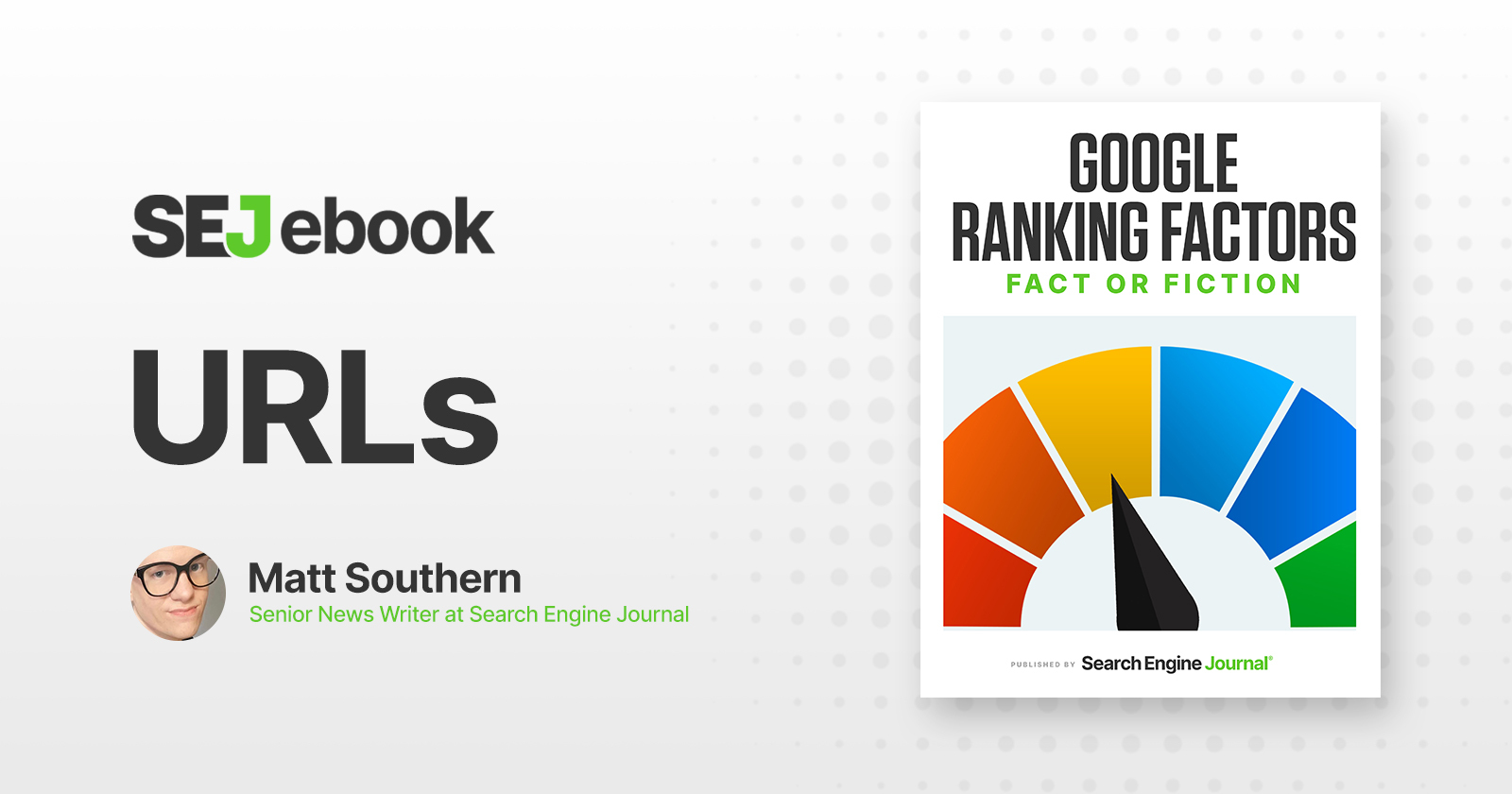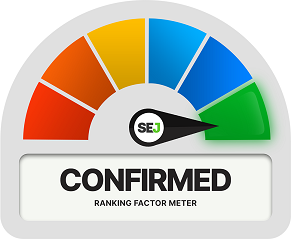[ad_1]
Google search rating elements can acquire and lose prominence over time.
An element that carried plenty of weight with Google years in the past could not carry a lot in any respect within the current day.
A web site’s URL is an instance of such a rating issue.
Provided that the impression of an internet site’s URL on search rankings has modified over time, chances are you’ll hear conflicting info concerning how essential it’s right now.
Let’s have a look at the claims concerning URL as a rating issue, after which we’ll go over what the proof says.
The Declare: URLs Are A Rating Issue
A web site’s URL is claimed to be an element for Google’s search rankings that may be optimized equally to how one would optimize a title tag.
Extra particularly, the claims recommend that strategic use of key phrases in a URL may also help an internet site rank for queries containing these phrases.
For instance, as a way to rank for a question like [air fryer recipes] is it useful to have a URL that accommodates air-fryer-recipes someplace within the URL (e.g., instance.com/air-fryer-recipes)?
Some consider {that a} web site with key phrases in its URL has a rating benefit over websites with extra generic URLs.
Is there any reality to this declare?
Right here’s what Google says.
The Proof: URLs As A Rating Issue
Proof instantly from Google signifies URLs don’t play as nice a task in search rankings as claims recommend.
Trying again on the instances Google has acknowledged URLs as a rating issue, it appears the impression has waned over time.
In 2016, Google’s John Mueller confirmed key phrases in a URL are a rating issue.
Nevertheless, he described the sign as being “very small.”
“I consider that’s a really small rating issue, so it’s not one thing I’d actually attempt to pressure. And it’s not one thing the place I’d say it’s even value your effort to form of restructure your web site simply so you may embody key phrases within the URL.”
Mueller addressed the subject once more in 2017, saying “Key phrases in URLs are overrated for Google web optimization.”
As a substitute, Mueller recommends selecting URLs for customers, not search engines like google and yahoo.
He repeats comparable recommendation in 2018, saying web site homeowners shouldn’t fear about utilizing key phrases in a URL.
To be clear: That doesn’t imply URLs are under no circumstances a think about rankings. It means there are various extra essential elements to contemplate above optimizing the URL.
That’s made clear in different statements from Mueller, akin to this one from 2021 the place he says phrases in a URL are a “very, very light-weight rating issue.”
“We use the phrases in a URL as a really very light-weight issue. And from what I recall, that is primarily one thing that we’d have in mind after we haven’t had entry to the content material but.
So if this is absolutely the first time we see this URL and we don’t know learn how to classify its content material, then we’d use the phrases within the URL as one thing to assist rank us higher.
However as quickly as we’ve crawled and listed the content material there, then we have now much more info. After which that’s one thing the place basically if the URL is in German or in Japanese or in English, it’s just about the identical factor.”
As Mueller says, as soon as the content material is listed, the URL turns into much less essential.
URLs As A Rating Issue: Our Verdict
Google has confirmed that URLs are a minimal search rating issue.
When Google crawls a brand new web site for the primary time, it would use the key phrases in a URL to get an thought of what the positioning is about.
That will play a small function within the web site’s preliminary rankings.
Some web optimization professionals additionally assume it could be used to assist group pages (i.e., with pages underneath folders being grouped collectively as they’d with breadcrumbs).
As soon as the positioning’s content material is totally crawled and listed, the web optimization impact of the URL turns into minimal.
Featured Picture: Robin Biong/Search Engine Journal
[ad_2]


